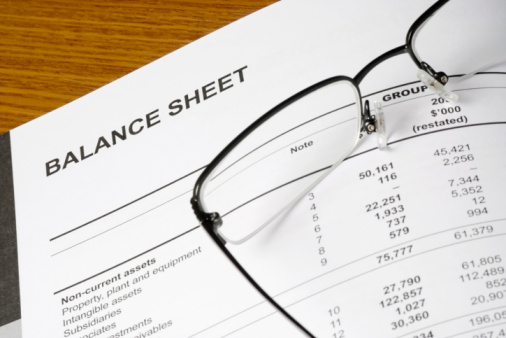Top ten reasons small businesses fail series continues with a review of credit policy. This includes the credit terms you give to your customers and the credit terms you receive from your suppliers.
Credit terms refers to how quickly clients pay you and how quickly you pay your suppliers.
This refers to your accounts receivables policy and your accounts payable policy. Accounts receivables are outstanding invoices your clients still need to pay (money in). Account payables are outstanding obligations your business still needs to pay (money out). You’ve incurred the obligation, you just haven’t cut the check yet.
The top ten reasons businesses fail is because they run out of cash. Remember? Cash is to your business as blood is to you body. Without cash, the business goes bankrupt.These businesses don’t manage their cash positions very well. That means they don’t time the receipt of payments and payment of expenses well.
Some businesses that go bankrupt even look profitable on paper, so what gives? It could be the terms they’re giving their customers too much time to pay their bill. It means the company’s accounts receivable policy should reduce the time to payment .
Receivables policy states the when you expect your customers to pay you and on what terms which might include discounts for early payment.
In most industries, invoices are paid within thirty days. If an invoice goes unpaid after that thirty day period, the client is considered delinquent.Your chances of collecting on that invoice go down fast if the client takes longer than 45 days to pay.
In this economy, no one can afford to wait 45 days to get paid. Tighten the reigns on receivables policy. Give discounts for cash payments. Get a down payment for a portion of the project up front. Get paid in installments. If the client doesn’t pay, pull the plug on the project. At least you’ve received some compensation. Call the client to check up on late payments. Don’t wait.
One of the top ten reasons businesses fail is because the payables policy doesn’t make sense. That’s the money you pay out. Many small businesses and solopreneurs allow their clients to pay them later, but they have to pay suppleirs right away. Ouch! That’s a recipe for a cash squeeze.
Negotiate with suppliers. Place smaller orders with greater frequency. Yes, you’ll pay more in cost of goods, but it will help your cash flow.Try to match your payables terms with the terms you give your clients. If what I just said doesn’t make sense, you need to watch our Learn videos on Accounting Basics to avoid the poor credit policy trap.
We explain accounts payable and accounts receivable strategy to maximize cash flow in some very cool training videos. They’re really easy to understand. You’ll get lots of examples. After you watch the videos, you’ll never be confused again on how to set and negotiate credit policy.
The top ten reasons small businesses and solopreneurs fail is because they don’t know how to manage credit. We’ll show you how. Go to Accounting Basics to learn everything you need to know to avoid this top ten reason small businesses fail.
It might just save your business.




{ 0 comments… add one now }